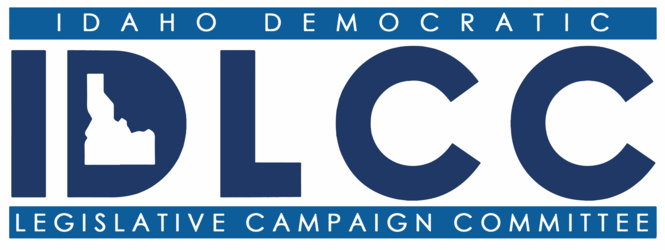Voters rightly elect legislators to be present to debate and vote and Idahoans have a right to participate by viewing the proceedings, communicating their views and participating in public hearings. Citizen participation is expected by the people of Idaho and encouraged by our Federal and State Constitutions. To honor these promises the legislature needs to pass legislation to provide options for sessions when there is an emergency declaration and health risks for members and the public. The Utah model provides some ideas.
The first concern is for individual legislators and members of the public who are at high risk for Covid 19 because of health conditions, and those who live with family members who are at high risk. There may be as many as 15 House legislators in this category. These members and public participants may be conservatives, progressives, old or young, but our system encourages and promotes their participation. Regardless of how they vote, or what they say, they have a right and obligation to participate. Legislative procedures should never prevent their participation.
Second, a legislative session may have an obligation to conform with emergency health declarations such as limits on the number of people congregating in one place. Failure to respect limits could result in many getting sick and while the disease for them may not be life threatening, illness can significantly disrupt the process. Furthermore, most legislators travel back to their home districts on weekends. If the legislature is not following safety recommendations, there is a higher risk of legislators unknowingly bringing Covid 19 to their communities and increasing infections in every corner of the state.
The Utah legislative model provides some ideas. Utah has laws allowing alternative meeting methods. In April the entire legislature convened virtually. On June 16 the legislature convened again and this time allowed members to participate via videoconference and others to appear in the chambers. Committee hearings have proceeded with virtual participation. But the bottom line is each legislator must participate and the public has a method of participation. Other legislatures are convening sessions with virtual options as Wyoming did in May and nationwide most legislatures are taking steps to modify their proceedings according to the National Conference of State Legislatures.
Today Idahoans are meeting through video apps and we are adapting and learning how to use these communication methods efficiently. Business, journalism, courts, advocacy groups and dozens of other professions, trades and organizations are using video apps effectively and often. The legislature can do this too.
But make no mistake, the in person legislature should always be used except where there is a serious, dangerous emergency in which case legislation should allow the legislature to adapt. Our legislative services office has advised they can handle virtual participation under existing contracts and the Attorney General has informally advised it is constitutional. My proposal to do so at the end of the last session was well received but too late for consideration. A priority item
on the agenda next year should be to fix this problem. Let’s let everyone participate to the fullest extent possible.
—-
John Gannon is a Democratic Representative from Boise who proposed legislation late in the session to give the legislature an option to meet virtually in an emergency.


Recent Comments